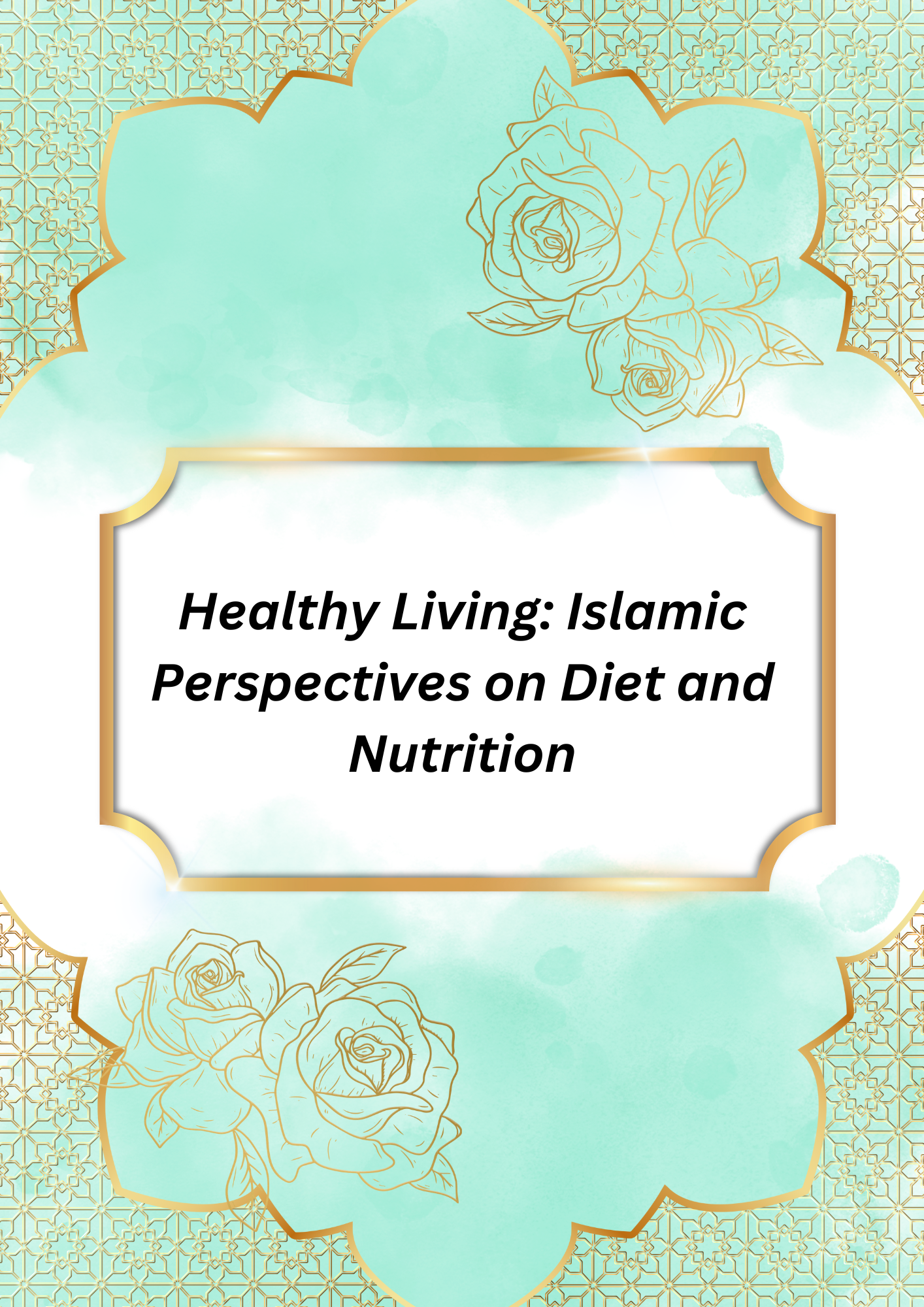Halal nutrition is an essential aspect of the Islamic way of life, encompassing the dietary laws prescribed in the Quran and Hadith. These laws ensure that the food and drink consumed by Muslims adhere to specific ethical and spiritual standards, promoting physical well-being and spiritual purity. This article explores the principles of halal nutrition, the types of permissible and impermissible foods, and the broader implications of these dietary laws for Muslims.
The Principles of Halal Nutrition
The term “halal” means permissible or lawful in Arabic. In the context of food, halal refers to what is allowed according to Islamic law. The dietary regulations are derived from the Quran and the teachings of the Prophet Muhammad (peace be upon him), and they serve several purposes:
- Spiritual Purity: Consuming halal food is a means of maintaining spiritual purity. The Quran emphasizes that what a person eats can affect their spiritual state, and therefore, it is essential to consume food that is lawful and clean. Surah Al-Baqarah (2:172) states: “O you who have believed, eat from the good things which We have provided for you and be grateful to Allah if it is [indeed] Him that you worship.”
- Ethical Treatment of Animals: Halal dietary laws include specific guidelines for the humane treatment and slaughter of animals. The method of slaughter, known as “dhabiha,” requires that the animal be treated with kindness and that its suffering is minimized. This ensures that the food Muslims consume is ethically sourced.
- Health and Hygiene: Halal nutrition promotes health and hygiene by prohibiting the consumption of certain harmful substances. For instance, the Quran forbids the consumption of pork and alcohol, both of which can have detrimental effects on health.
Types of Permissible and Impermissible Foods
- Permissible Foods (Halal):
- Meat and Poultry: Meat is considered halal if it comes from permissible animals and is slaughtered according to Islamic guidelines. This includes saying the name of Allah at the time of slaughter and ensuring the animal’s blood is fully drained.
- Seafood: Most seafood is considered halal, though some Islamic scholars have differing opinions on certain types of sea creatures.
- Fruits and Vegetables: All fruits and vegetables are halal, provided they are free from contamination by impermissible substances.
- Dairy Products: Dairy products are halal as long as they do not contain any haram ingredients or additives.
- Impermissible Foods (Haram):
- Pork and Pork Products: The consumption of pork is strictly forbidden in Islam. Surah Al-Baqarah (2:173) states: “He has only forbidden to you dead animals, blood, the flesh of swine, and that which has been dedicated to other than Allah.”
- Alcohol: The consumption of alcoholic beverages is prohibited due to their intoxicating effects. The Quran explicitly forbids intoxicants in Surah Al-Ma’idah (5:90): “O you who have believed, indeed, intoxicants, gambling, [sacrificing on] stone alters [to other than Allah], and divining arrows are but defilement from the work of Satan, so avoid it that you may be successful.”
- Blood: The consumption of blood is forbidden, as it is considered impure.
- Improperly Slaughtered Animals: Animals that are not slaughtered according to Islamic guidelines are considered haram.
Broader Implications of Halal Nutrition
- Cultural Identity: Adhering to halal dietary laws is a significant aspect of Muslim cultural identity. It reinforces a sense of belonging and connection to the broader Islamic community. Halal food practices also promote social cohesion, as they encourage Muslims to gather and share meals that comply with their religious beliefs.
- Ethical Consumption: Halal nutrition emphasizes ethical consumption, from the treatment of animals to the sourcing of ingredients. This aligns with broader movements towards sustainable and humane food practices. By following halal guidelines, Muslims contribute to ethical and responsible consumption patterns.
- Health Benefits: The prohibition of certain foods and substances, such as pork and alcohol, has health benefits. Pork can be a source of various diseases, and alcohol consumption is linked to numerous health issues. By avoiding these, Muslims can maintain better overall health.
- Economic Impact: The demand for halal products has created a significant market segment, leading to the establishment of halal certification bodies and the growth of halal food industries. This economic impact extends globally, as halal products are sought after by Muslim consumers around the world.
Conclusion
Halal nutrition is a comprehensive system that encompasses not only dietary laws but also ethical, spiritual, and health considerations. By adhering to these guidelines, Muslims ensure that their food consumption aligns with their religious beliefs, promotes physical well-being, and supports ethical and humane practices. The principles of halal nutrition have far-reaching implications, contributing to the cultural identity, health, and economic well-being of the Muslim community. As the demand for halal products continues to grow, it reflects the importance and relevance of these dietary laws in the contemporary world.



